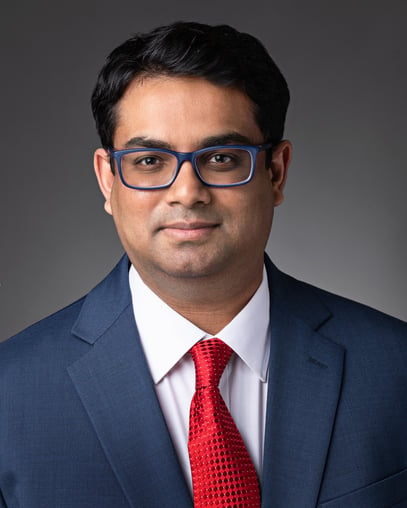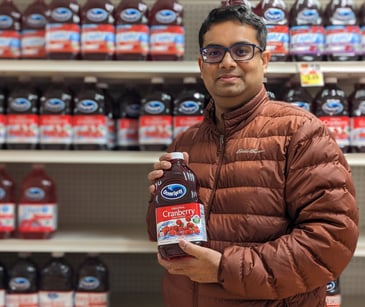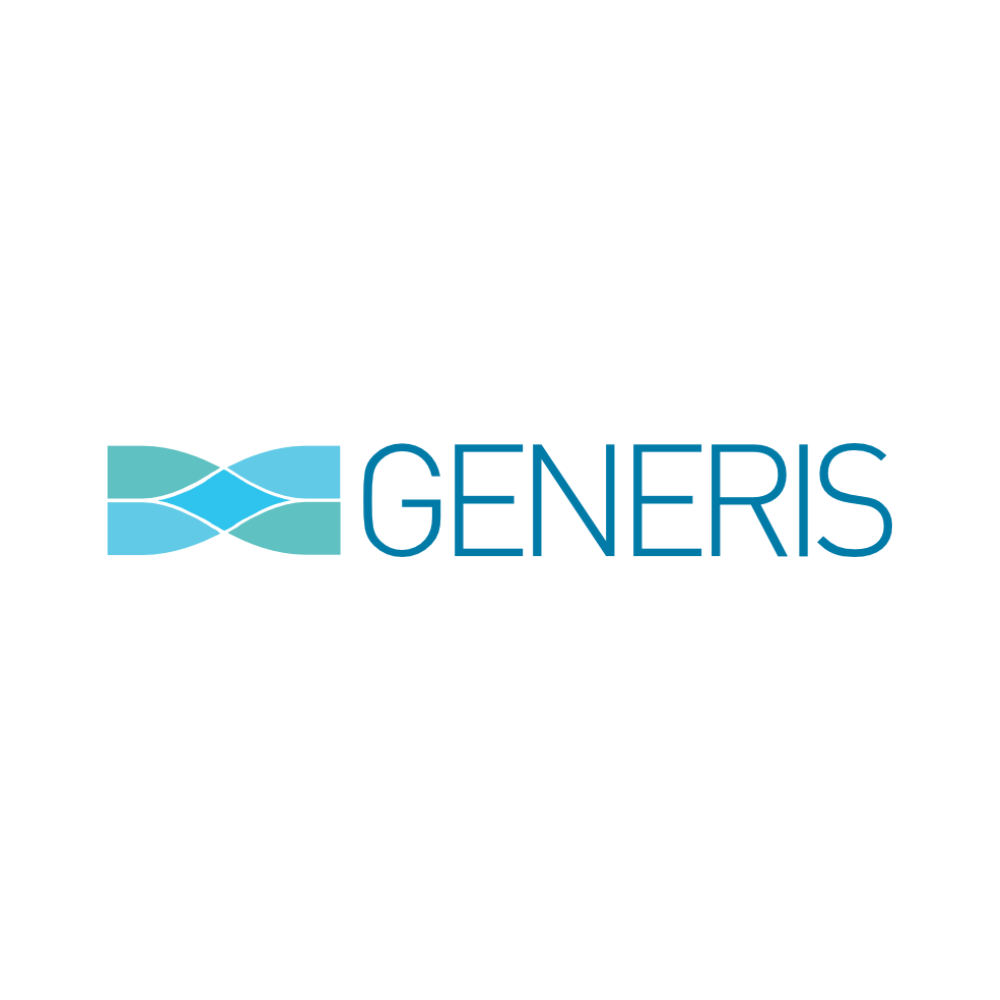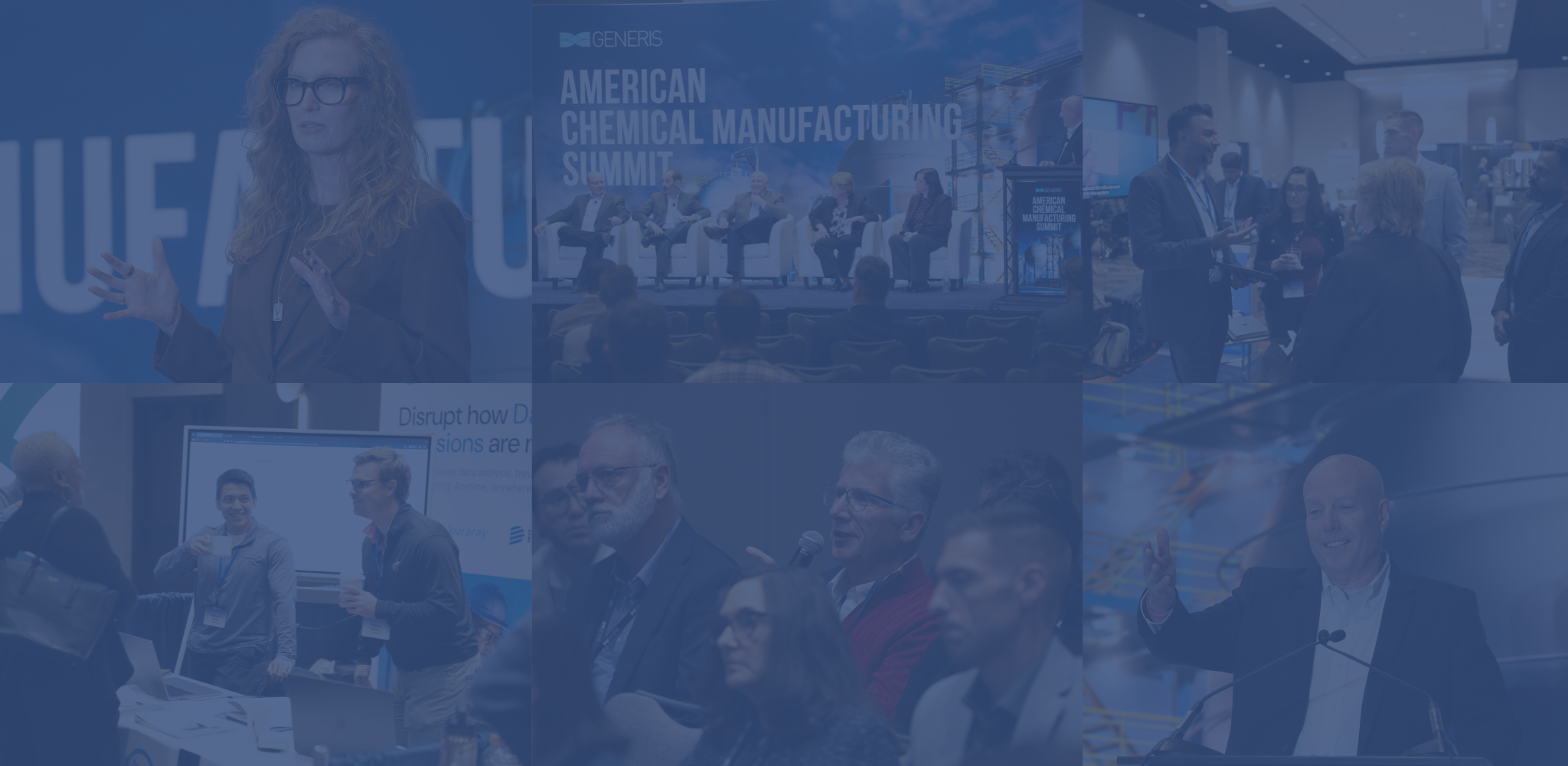Md Rakibul Hasan is the Head of Performance Excellence for Global Supply Chain & Operations at Ocean Spray Cranberries. In his role, Md leads the continuous improvement initiatives for Ocean Spray’s food and beverage manufacturing network in the US, Canada, and Latin America, where his core responsibilities include driving efficiency, optimizing costs, maximizing stakeholder value, and overseeing organizational capability development.

With over 15 years of experience in the manufacturing sector, Md possesses a wealth of knowledge in Lean Manufacturing, Continuous Improvement, Business Transformation, Operational Excellence, and Change Management.
What sets Md's journey apart is his diverse background. Before making his mark in the CPG field, Hasan honed his skills in the automotive industry, garnering experience with renowned companies like Magna, DENSO, and Fiat.
In anticipation of Md's participation in a panel discussion at our 10th Annual American Manufacturing Summit, we had the chance to engage in an insightful interview with him. In this conversation, we delved into his distinctive leadership style, guiding principles, and fresh perspectives about the manufacturing world.
Without further delay, let's dive into the heart of our discussion:
As a Performance Excellence leader, what resonates with you the most and fuels your inspiration?
The role of a Performance Excellence leader resonates deeply with my core values and serves as a wellspring of inspiration for me. What truly drives me is the profound belief in the power of creating a positive impact on society. I view my responsibilities as a means to serve our community through the process of value creation.
On a daily basis, my work revolves around process improvement, with a primary focus on helping individuals carry out their tasks effortlessly, safely, and with an unwavering commitment to high-quality standards.
However, the most fulfilling aspect of my role lies in the human connections I forge. Each day, I engage in meaningful conversations, attentively listening to the thoughts and ideas of those I work with. I embrace their challenges as opportunities to collaborate and find solutions while also refining processes to simplify their lives. In these interactions, I recognize that my influence extends far beyond my individual capacity - I play an active role in enhancing the lives of people within our community.
Looking ahead, what do you envision as the next key challenge in manufacturing?
When looking ahead at the future of manufacturing, I see a multitude of challenges on the horizon. If we take a holistic view of the manufacturing landscape, we encounter issues like supply chain disruptions, labor shortages, and the urgent need to address climate change, with a particular focus on net-zero commitment.
However, when we consider these challenges collectively, it becomes evident that a comprehensive approach is required rather than tactics to address each problem in isolation. We need to seek a larger, more encompassing solution that can effectively resolve this complex web of interconnected issues. Moreover, since the complete resolution of these problems will likely extend beyond a single human lifetime, we must ensure that capable individuals are prepared to carry the torch forward.
Therefore, in my perspective, the paramount challenge facing the industry is cultivating the next generation of manufacturing leaders. This entails considering how college graduates and those of the social media generation can harness their potential to excel in the field. As leaders, it is our duty to make the manufacturing path appealing and meaningful to young talents. We must offer them the opportunity to contribute to society, serve their communities, and find a deep sense of purpose.
In your opinion, what qualities and skills should be the main priority for leaders in manufacturing?
"Drawing upon my 15-year experience in manufacturing, I firmly believe that true leadership transcends titles - it hinges on the motivations that drive our actions."
Among the paramount qualities and skills that should take precedence for leaders in manufacturing, one stands out: the capacity to lead by example. When a leader exemplifies the behaviors they expect from their team, it naturally garners respect and encourages others to follow willingly rather than obey someone issuing mere directives.
Furthermore, it is vital for manufacturing leaders to embody qualities of transparency and openness, even embracing a degree of vulnerability with their team members. Holding a leadership position doesn't imply infallibility; no one has all the answers. Thus, being open about one's limitations and transparent in communication, coupled with leading by example, emerges as a critical attribute for effective leadership in the manufacturing realm.
What is something you were taught at the beginning of your professional journey that shaped your career trajectory?
A fundamental lesson I grasped early in my career was the importance of serving others. When I graduated from college and eagerly entered the manufacturing workforce, I initially believed I had answers to all the industry challenges of that time. However, I soon realized my limitations and that the frontline team members, who worked tirelessly on the manufacturing floor, possessed a deep understanding of the processes, often having 80-90% of the solution figured out.
This epiphany reshaped my perspective. I came to realize that, as a leader, my primary duty was to be an attentive listener and embrace a servant mentality. My responsibility lies in supporting and assisting my team members rather than presuming they should cater to my needs. This mindset has greatly benefited my career progression. Instead of being fixated solely on troubleshooting, I continually pose the questions: "How can I offer assistance today? How can I be of service to someone today?" This shift emphasizes proactive support over
problem-solving.
Furthermore, early in my career, I was introduced to the concept of an inverted pyramid structure. Unlike the conventional hierarchy, where CEOs and VPs are seen at the top, this perspective reverses the pyramid, placing employees at the highest point. This insight has been instrumental in my personal and professional growth, emphasizing the significance of empowering and serving those within my company for collective success.
How do you motivate and guide your teams to challenge the status quo and foster a culture of Continuous Improvement?
I firmly believe that the most effective way to achieve this is to lead by example, demonstrating a genuine commitment to our work. In my team, I refrain from dictating tasks and instead take it upon myself to showcase what needs to be done and how to do it. It is my conviction that unless I am leading by example, I have no authority to instruct others.
Moreover, I prioritize cultivating an environment where failure is not feared but embraced as a stepping stone to growth. Creating psychological safety for my team is paramount. We understand that setbacks are natural when exploring new approaches, but the essential part is learning from them and advancing. I approach this with empathy, acknowledging my own daily mistakes. Our team's foundational belief centers around the notion that progress holds more value than perfection. This principle is deeply integrated into our daily routines and inspires the team to embrace a mindset of continuous improvement in all aspects of our work.
How do you continue learning and growing as a leader?
One of the challenges that many of my peers in management and executive roles can relate to is the limited time available for self-development and growth. Unfortunately, dedicating a couple of days per week to learning is a luxury we often can't afford. In this regard, I often draw inspiration from Stephen Covey's "7 Habits of Highly Effective People," with the seventh habit emphasizing the importance of sharpening one's saw. This concept resonates with me deeply.
When considering my future career trajectory, I adopt a longer-term perspective, envisioning where I want to be in three, five, or more years rather than focusing on short-term gains. This allows me to identify the skills and competencies I need to acquire to achieve these milestones. Then, I break down these larger goals into smaller, actionable steps that pave the way for significant progress. I engage in self-reflection, asking critical questions such as whether attending conferences, expanding my network, pursuing additional certifications, or collaborating closely with my team to glean knowledge from their expertise is the best approach.
What’s more, I recognize the importance of taking a deliberate and self-intentional approach. For instance, when setting performance goals, I consistently allocate 10% of those goals to self-development and growth, a practice I extend to my team as well. This ensures that both my team members and I actively prioritize our self-improvement, regardless of the organization or field we are in. By anchoring self-development as a percentage of our total performance goals, we instill the intention to pursue it proactively.
%20(1).png?width=773&height=112&name=Generis%20Logo%20full%20Colour%20(Large)%20(1).png)


.png)
-2.png)
